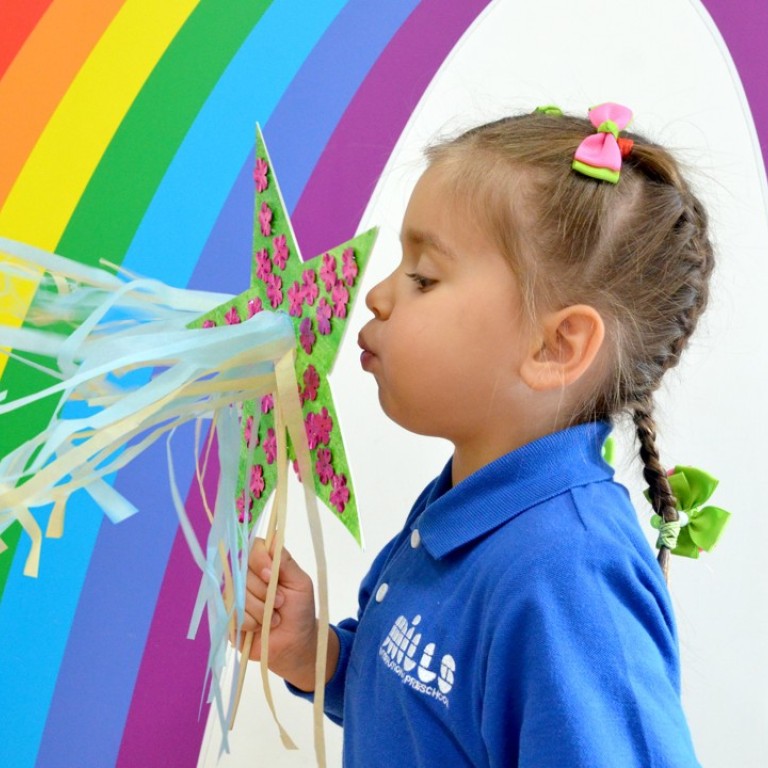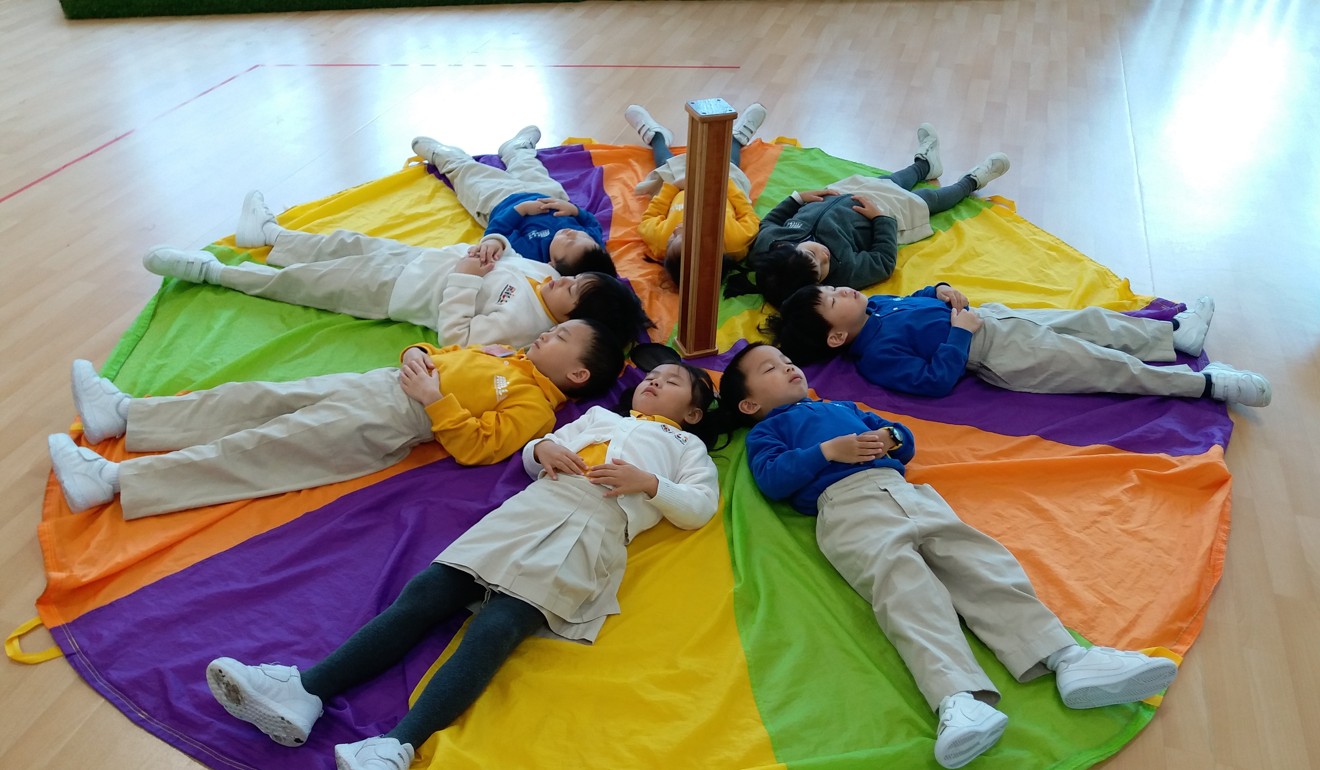
[Sponsored feature] Mindful of young children’s well-being
Mills International Preschool’s MindUP curriculum offers mindfulness training to Hong Kong children
A growing number of educators in Hong Kong are now introducing their students to mindfulness training. In essence, it is a technique for focusing the attention on what’s happening in the moment, and the aim is to boost children’s happiness and make them more receptive to learning.
Mills International Preschool has shown the way by offering the MindUP curriculum.
“We have found that by addressing how the children are feeling within themselves and teaching them focused attention - and how to be kind and have empathy - a truly positive school environment is created,” says School Director, Deirdre McCloskey. “One of the aims at Mills is to help our children understand, express, and manage the feelings and thoughts that may run riot in their little bodies every day.
“We do this by providing them with simple breathing strategies that they can do independently, to help them regulate their thoughts and emotions, and give them the mental space they need to maintain healthy minds and bodies. Sometimes the hardest thing to do is just pause and be in the present moment, to be aware of our surroundings, our emotions, and ourselves.”
The MindUP programme was devised by The Hawn Foundation in the United States. Based on daily repetition of deep-belly breathing and attentive listening, it is designed to encourage even the youngest students to be more aware of how their body and mind are connected. It also introduces techniques to help control reactions to emotions and become more resilient.
Mills International, which opened in Yau Tong in 2013, follows the framework of the British Early Years curriculum. It emphasises learning through participation.
“We also focus on teaching children to understand and use their most valuable tool - the brain,” McCloskey says. “Thereby improving cognitive, emotional and social development to benefit themselves and others.”

“The weekly school assembly includes MindUP practice and all our teachers deliver elements of the programme in class and around the school,” she says.
For instance, there is a “welcome circle” session every morning and “goodbye circle” review before going home, so students can practise the various strategies.
The MindUP curriculum is framed around 15 lessons. Each provides background information on the brain, introduces a specific area of concentration, and includes an activity with concrete examples of how the brain functions.
“We encourage them to understand the emotions they’re feeling by naming them - angry, sad, hungry, tired, jealous, happy, bored, frustrated, disappointed, and so on,” McCloskey says. “This improves self-expression and self-management skills.”
Sometimes, the children’s own emotions and lack of control can scare them. Understanding their feelings can have a calming effect and help reduce stress levels.
There is sound research evidence underpinning the MindUp approach. Specialists like Dr Schonert-Reichl of the University of British Columbia have conducted studies on the effectiveness of social and emotional learning.
Furthermore, a meta-analysis of over 200 research studies, involving 270,000 students in K-12 classrooms, showed that children who were explicitly taught social and emotional skills clearly benefit. They have more empathy, better conflict resolution skills, fewer behavioural problems, and improved academic performance.
McCloskey says the use of mindfulness training is part of the school’s broader education in caring. The use of kind words is encouraged, as is the importance of giving back to others through activities like visits to local elderly homes, taking part in charity walks, food donations, and learning to care for animals and the environment.

